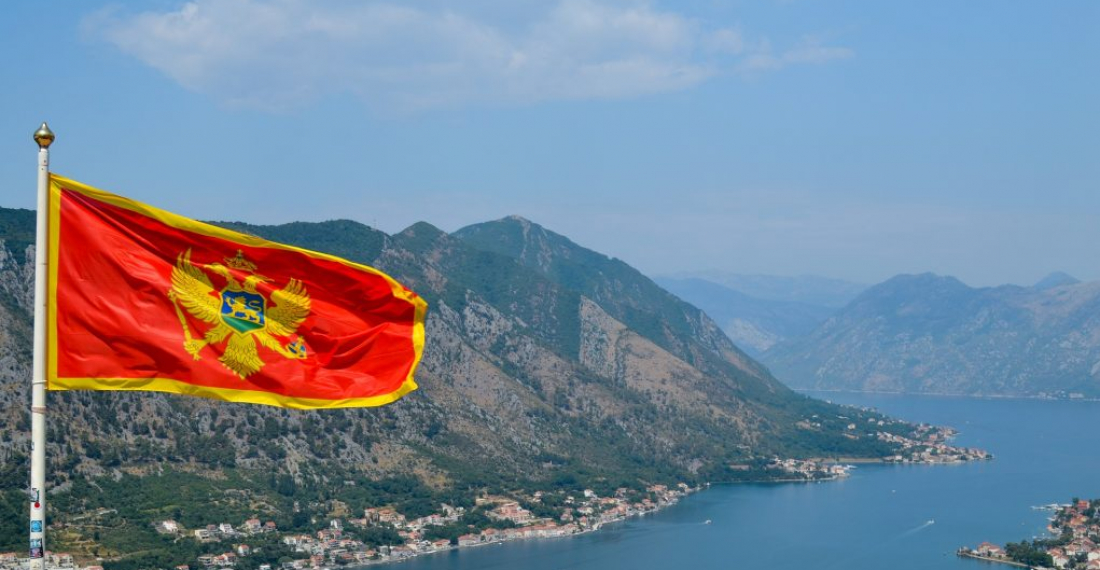The Government of Montenegro on Saturday (28 November), declared Serbian Ambassador, Vladimir Bozovic, persona non grata and expelled him from the country. The foreign ministry in Podgorica cited “long and continuous meddling in the internal affairs of Montenegro” as the reason for asking Bozovic to leave,
Serbia said a few hours later that it had responded in a “reciprocal manner”, declaring the Montenegrin Ambassador Tarzan Milosevic persona non grata and expelling him from the country.
The incident adds to already tense relations between the two Balkan states that were part of a joint country before an independence referendum in 2006 led to Montenegro splitting off. A Montenegro foreign ministry statement said that Bozovic “directly disrespected” Montenegro by describing a 1918 decision to join Yugoslavia, then a Serbia-dominated kingdom, as an act of “liberation” and “free will” by the Montenegrin people.
Both Montenegro and Serbia are candidate members of the European Union and European countries and institutions have over the last three decades spent huge amounts of efforts and resources to stabilise the situation in the Balkan region which is considered an important and integral part of the European Union's future.
Montenegro remains deeply divided among those seeking closer ties with traditional Orthodox Christian allies Serbia and Russia, and those who view Montenegro as an independent state allied with the West. Montenegrin President Milo Djukanovic, who headed the country for nearly 30 years without interruption, steered the country away from its traditional alliance with Serbia and Russia by joining NATO in 2017.
The government in Montenegro is expected to remain in place only for the next four days, as a new coalition prepares to replace it following elections in August. Djukanovic’s long-ruling Democratic Party of Socialists was defeated by a pro-Serb coalition whose government is set to be voted into office during a parliament session next week.
On Wednesday, Montenegro’s Parliament is due to vote on a new government that unites three opposition groups. The most powerful party is the pro-Russian, pro-Serbian Democratic Front.
The outgoing authorities have accused Serbia of aiding pro-Serb political forces in Montenegro to install allies in power and regain influence.
source: commonspace.eu with agencies
photo: The flag of Montenegro flies over the coastline near the capital Podgorica (archive picture)







